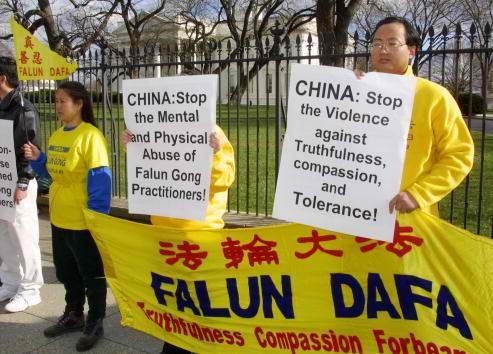The Chinese Supreme Court recently imposed stricter guidelines and tougher punishments on Internet cults and online activities related to them.
The decision of the high court was due to the increased online promotion of ideologies of certain cults and religious sects. According to Chinese law, a cult is an illegal organization that seeks to control its followers in accordance with a particular ideology.
The decision will take effect on Feb. 1 and will be implemented on social chat rooms and microblogs. WeChat conversations shall be monitored as well.
There is also a cult who releases messages by writing on bank notes, and members will be imprisoned for doing such acts. Cults who are keeping relations with international organizations or receive funding from sponsors will be severely punished.
The ban on cults started in 1999 when there was a spread of followers among citizens who wanted to gain religious affiliation.
The Chinese government regarded followers of Christian groups as cult members as well. In 2014, a non-government organization, China Aid, reported the arrest of civilians attending mass.
"Tu Yan, a woman who began attending churches in Yunnan after she moved there for work, was returning home from a Christian gathering on Oct. 22 when she was apprehended on suspicion of 'using a cult organization to undermine the implementation of the law,'" China Aid said in its latest report.
Yunan police accused her of being the "backbone of evil cults and organizing three meetings on behalf of these institutions." She was released and arrested again a month later.
The Chinese government's drive against cults surfaced after several groups have spread misleading information and used ideology for non-conventional practices.
In the '90s, a cult called Eastern Lighting prevailed in China. The cult was said to be Christian-based and preached about the Mayan apocalypse.
Their followers held protests while naked in the streets and sang songs to preach about the coming of the end of the world.



























